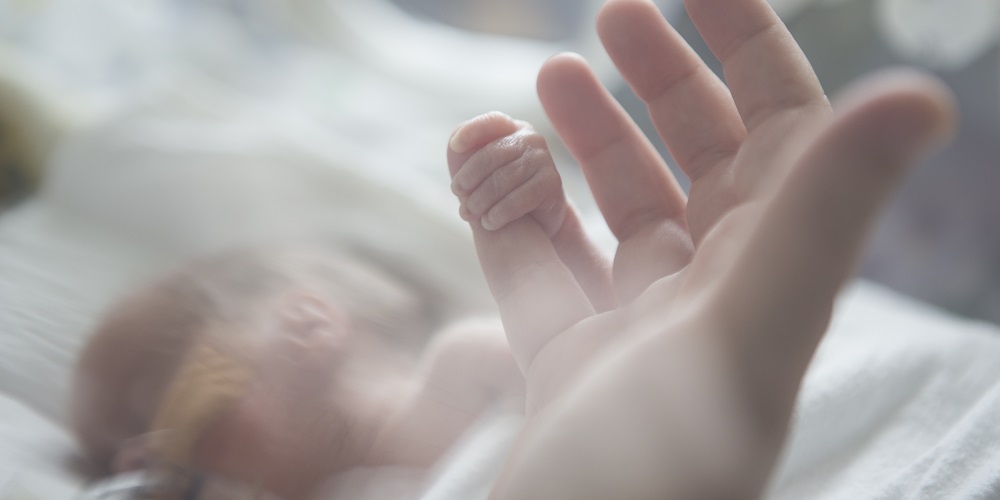
New research into the lung function of eight-year-olds who were born more than 12 weeks too early in 2005 has found no improvement in their breathing ability compared with very preterm children born in the early and late 1990s.
The surprise outcome, published in the New England Journal of Medicine today, has disappointed neonatal researchers at the Royal Women’s Hospital and highlighted a need for a re-think amongst clinicians as to how they can improve the way they treat extremely preterm babies.
The process of the lungs being exposed to air at a time when babies should still be in the womb causes damage to the young lungs that increases their risk of long-term lung function problems.
Lead researcher Professor Lex Doyle from the Royal Women’s Hospital and the University of Melbourne said advances in treating breathing problems in preterm babies improved their immediate health in the nursery, but clinicians needed to also consider longer term outcomes.
“Babies born too early do not have fully developed lungs and often require mechanical ventilation or additional oxygen to help them breathe. While advances in treatments mean that we have significantly reduced the amount of time babies spend on mechanical ventilators which do the breathing for them, they are spending longer on less invasive forms of breathing support, including longer times requiring additional oxygen in the air they breathe,” he said.
“This research shows that even receiving gentler breathing supports for long periods of time may not be improving the lung outcomes for babies long-term and there may need to be a greater focus on getting preterm babies off all breathing supports earlier.”
Despite the findings on the breathing tests, most children were healthy and had no obvious problems with their breathing, such as asthma.
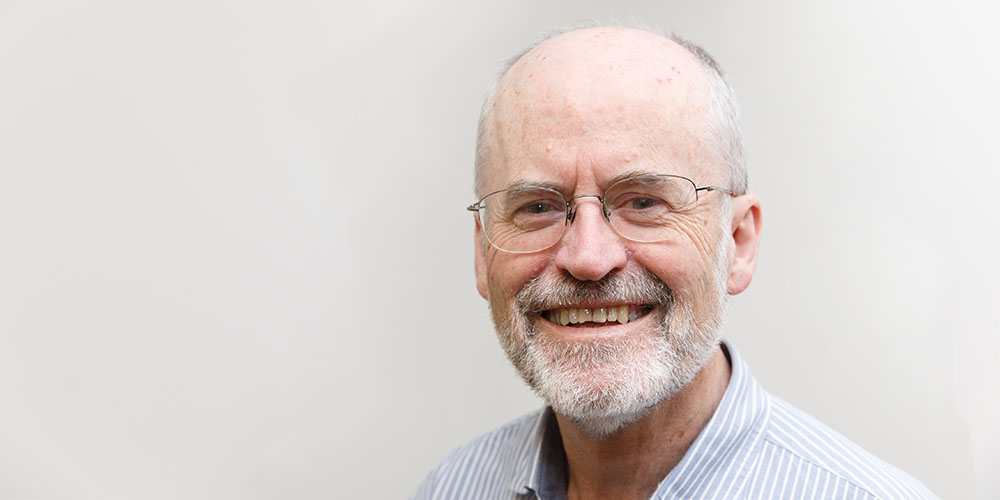
The Ventilation in Extremely Preterm Infants and Respiratory Function at 8 Years study compared all babies born in the state of Victoria in 1991-92, 1997 and 2005 at 27 weeks of gestation or less, which is more than 12 weeks too early. Researchers reconnected with each group at eight years of age and tested their breathing ability.
Researchers hope to repeat the breathing tests on all the children later in life after their lungs have matured. They hope to identify those participants at highest risk of developing breathing disorders in adulthood.
The research is part of one of the world’s longest studies into very pre-term babies which is in its 38th year. It is being led by the Women’s in collaboration with the Mercy Hospital for Women, Monash Medical Centre, the Royal Children’s Hospital, Murdoch Childrens Research Institute, and the University of Melbourne.
“We have seen dramatic improvements in survival over the past 40 years for these very small preterm babies, up from just 25 per cent in the late 1970s to 70 per cent today,” Prof Doyle said “We also saw a big improvement in the long-term lung function of babies up until 1997 as new drugs and improved treatments helped baby lungs quickly mature. But since then there has been a plateauing of progress.”
The research has been funded by the National Health and Medical Research Council of Australia.
Read related content from the Women's
-
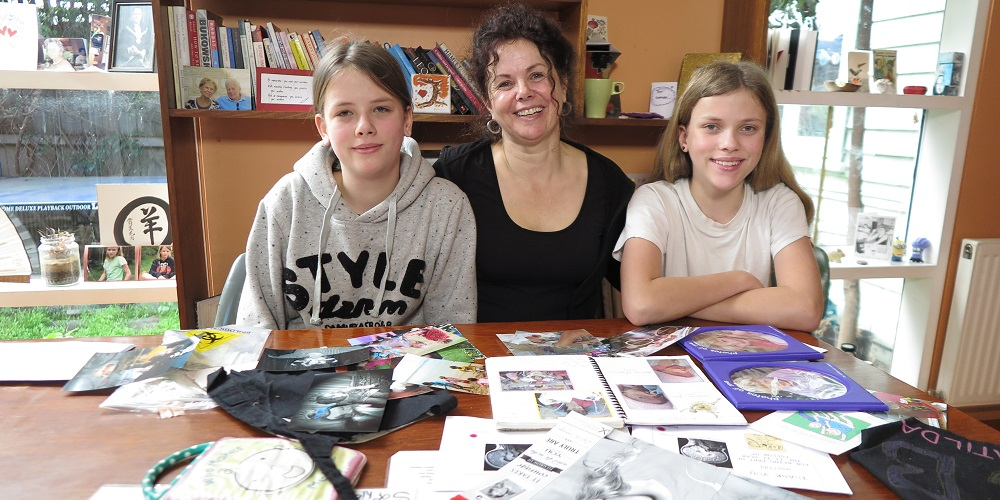 Caffeine boosts long-term breathing for very premature babies
Caffeine boosts long-term breathing for very premature babiesNew research has found that caffeine given to very preterm babies in their first weeks of life significantly improves their long-term breathing ability at 11 years of age.
Learn more -
 BMJ Editorial: improving outcomes for preterm babies
BMJ Editorial: improving outcomes for preterm babiesOur neonatal experts are the authors of today's BMJ editorial about an observational study that delivers an important message for those caring for the most immature newborn infants
Learn more -
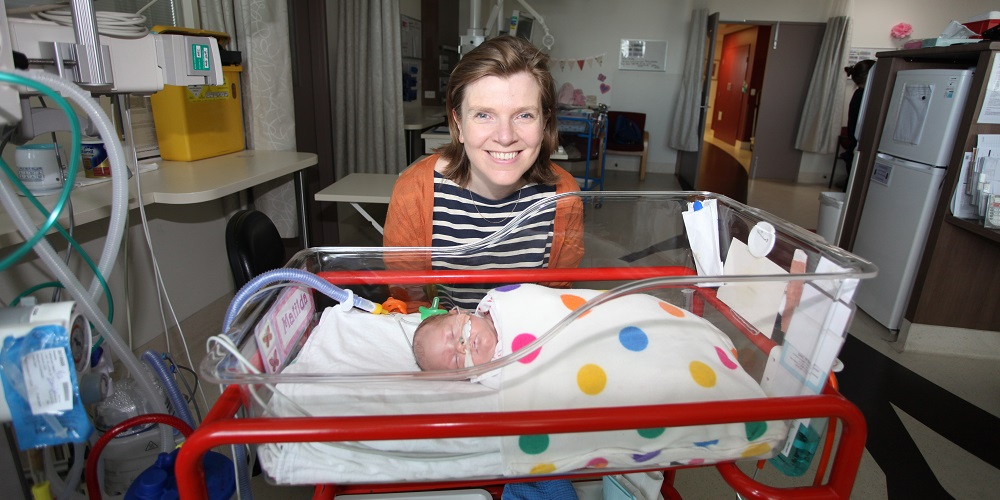 Early help cuts high rates of depression in mothers of preterm babies
Early help cuts high rates of depression in mothers of preterm babiesEarly help for mothers of premature babies dramatically cuts their very high risk of long-term depression, a world-first study published in the journal Paediatrics has revealed.
Learn more -
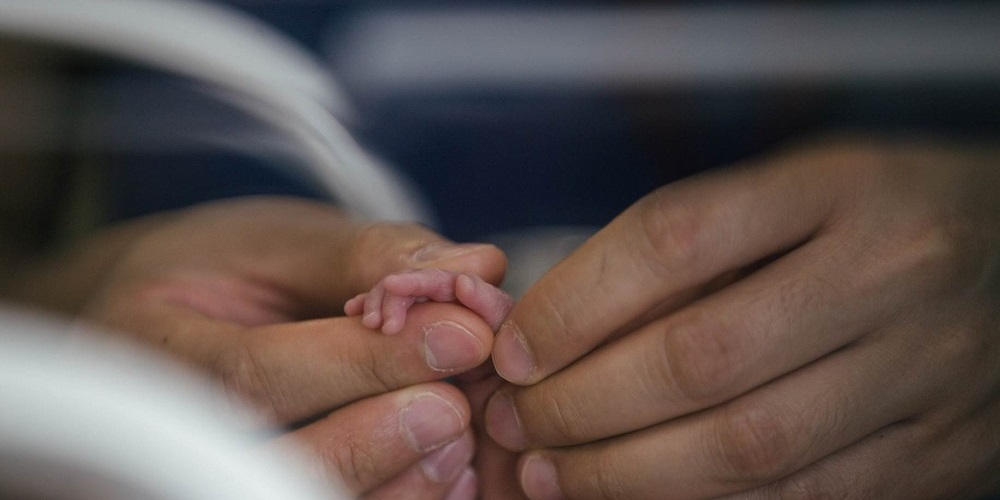 Major research review outlines best preterm respiratory treatment
Major research review outlines best preterm respiratory treatmentA major review of clinical research, led by the Royal Women’s Hospital, has established the safest and most effective methods to get very premature babies off a ventilator, a machine that helps them to breathe.
Learn more -
 Researchers helping to improve outlook for very preterm babies
Researchers helping to improve outlook for very preterm babiesOur researchers help show the outlook for very preterm babies has never been better – and is still improving
Learn more